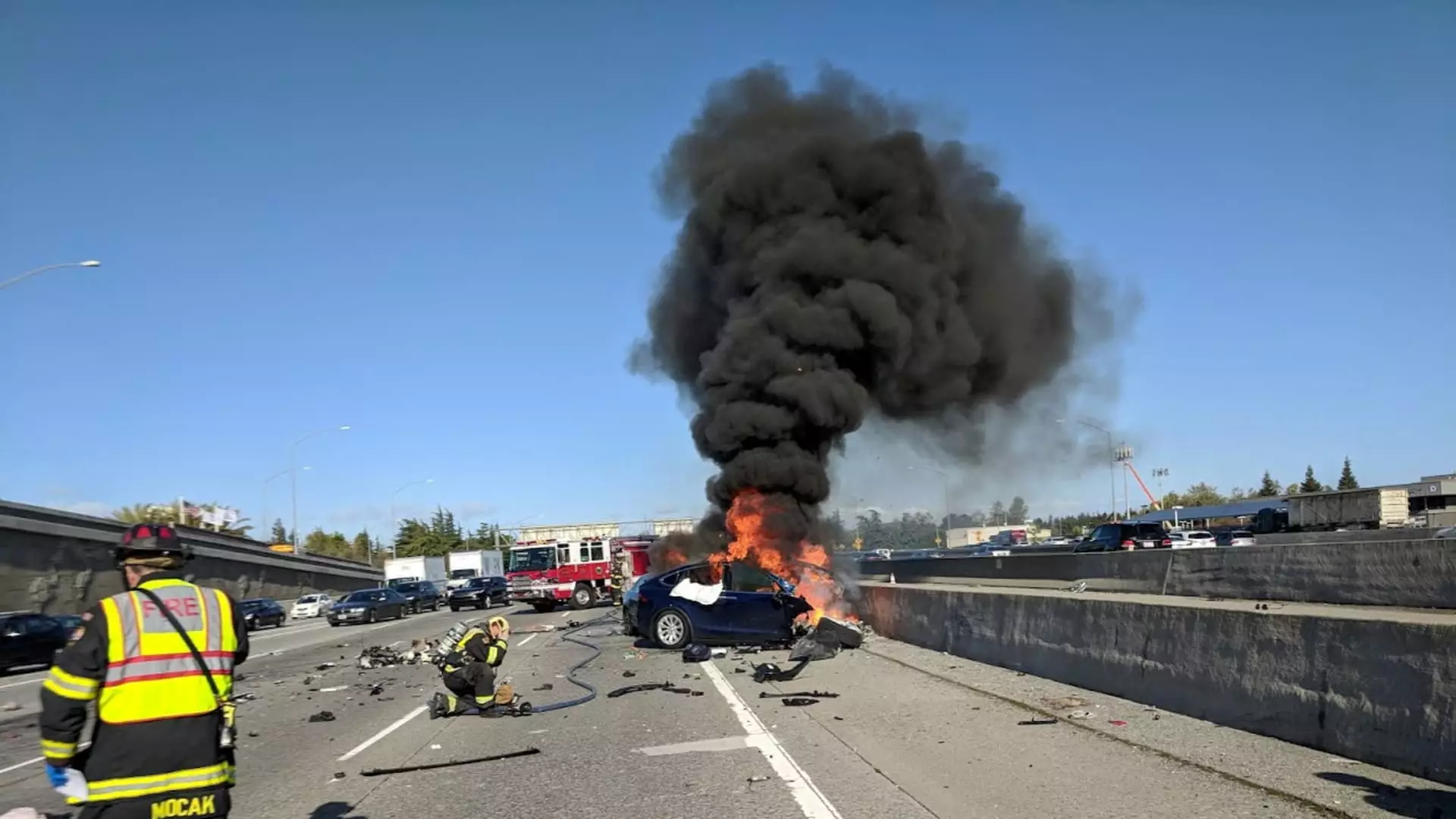Tesla recently settled a wrongful death lawsuit brought by the family of Walter Huang, an Apple engineer and father of two, who lost his life in a tragic accident involving his Model X SUV with Autopilot features activated. The incident took place near Mountain View, California, in 2018, when Huang’s vehicle crashed into a highway barrier. The National Transportation Safety Board (NTSB) investigated the crash and determined that Tesla’s technology played a role in the collision, along with potential driver distraction and inadequate road construction.
The settlement was reached just as the trial was commencing in a California Superior Court, allowing Tesla to avoid a public trial and the disclosure of evidence and testimonies related to the case. The terms of the settlement remain confidential, with Tesla opting to keep the details undisclosed from the public. Huang’s family filed a wrongful death lawsuit against Tesla, citing concerns about the safety and design flaws in the company’s driver assistance systems.
NTSB’s investigation revealed that Tesla’s forward collision warning system failed to alert Huang before the crash, and the automatic emergency braking system did not engage as the vehicle accelerated into the barrier while Autopilot was active. Additionally, factors such as faded lane markings and the positioning of the highway barrier were identified as contributing elements to the collision. The agency also mentioned Huang’s potential distraction due to using a mobile game on his phone before the accident occurred.
Lingering Questions
The case raised questions about Tesla’s marketing and promotion of its Autopilot feature, with allegations that the company and its CEO, Elon Musk, may have downplayed the need for drivers to remain attentive while using the system. Internal emails from Tesla executives highlighted instances of complacency while using Autopilot, leading to concerns about the overall culture and attitudes towards safety within the company.
Implications and Precedent
Had the case gone to trial, a jury decision could have set a precedent for future product liability lawsuits against Tesla, potentially impacting the company’s reputation and legal standing. The settlement, though resolving the immediate lawsuit, does not shield Tesla from ongoing scrutiny regarding the safety and effectiveness of its driver assistance technologies. The outcome of this case has brought to light the need for clearer guidelines and accountability in the development and deployment of semi-autonomous driving features in modern vehicles.
The settlement of the wrongful death lawsuit involving Tesla’s Autopilot feature highlights the complex intersection of technology, human behavior, and legal responsibility in the realm of autonomous driving systems. The incident serves as a reminder of the ongoing challenges and ethical considerations associated with advancing automotive technologies and the role of manufacturers in ensuring the safety of their products.

Leave a Reply